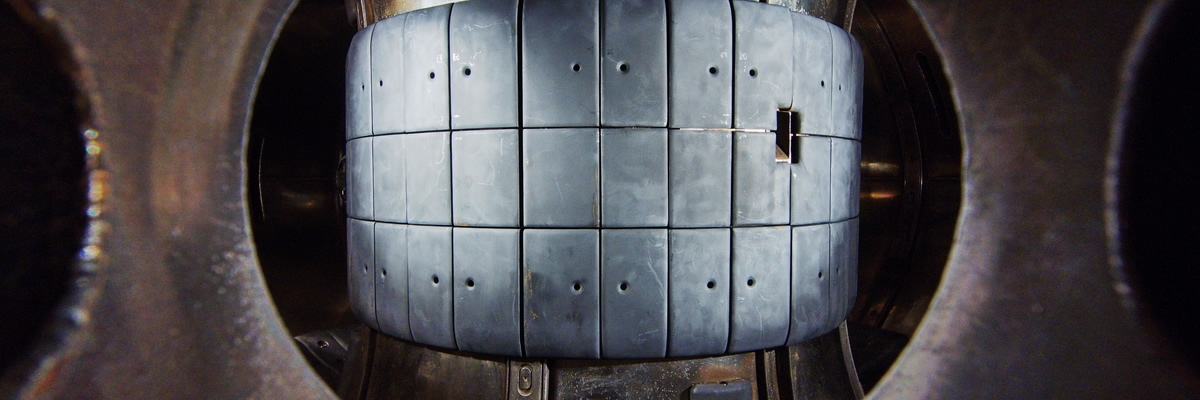
CAS Membership in International Organizations
Due to its membership in international organisations focusing on scientific strategy, the CAS contributes not only to European integration and the further development of the European Research Area (ERA), but also to cooperative research efforts on a global scale.
The European Academies Science Advisory Council (EASAC) is an institution bringing together the national academies of science of most EU Member States that work together to advise European policymakers on science and research.
The data provided by EASAC represents the current international scientific consensus on given subjects and is developed independently of the commercial and political spheres. EASAC covers all scientific and technical fields.
Mission and objective
- to provide independent expertise and objective information on current issues facing policy makers and institutions not only in the EU but also at the national and regional level
- to achieve scientific consensus
- to deepen/establish a dialogue between researchers, academies, the public, and political and administrative agencies
Activities
- expert studies, statements, talks, workshops, journal articles, etc.
Members
- academies of EU Member States – nomination of experts
Benefits of CAS membership in EASAC
- active involvement of CAS representatives in the development of the European science strategy
- integration into the European Research Area
- influencing political decisions in strategic areas and promoting the interests of the Czech Republic on the EU level
Representative of the CAS
- the CAS is represented by the Chair of the International Affairs Council and member of the Academy Council of the CAS, Prof. RNDr. D. Honys, Ph.D.
STEERING PANELS
- Biosciences – Prof. RNDr. D. Honys, Ph.D. (Institute of Experimental Botany of the CAS; Academy Council)
- Energy Panel – Assoc. Prof. M. Chomát (Institute of Thermomechanics of the CAS)
- Environment Panel – Assoc. Prof. P. Cudlín (CzechGlobe – Global Change Research Institute of the CAS)
All European Academies (ALLEA) is a European federation of academies of sciences and humanities founded in 1994, which represents 59 academies from about 40 EU and non-EU countries. It is constituted as a non-for-profit association and is independent from political, religious, commercial, and ideological interests.
Mission and objective
- to improve the conditions for science and research, striving for excellence in science and education
- to offer European science and society advice from its member academies
- to ensure the protection of Europe’s cultural heritage
- to represent European academies and communicate their views to other European institutions and authorities
- to contribute to the European integration process and to develop close cooperation between EU Member States and other European countries
Activities
- promoting the exchange of information and experience, developing conceptual resources
- expert activity, especially in the social sciences and humanities, through long-term, focused, and ad hoc expert working groups
Involvement of CAS representatives in ALLEA activities
- participation of representatives of the CAS in the General Assembly
- participation in the activities of ALLEA working groups
Representatives of the CAS
- the CAS is represented by doc. RNDr. Tomáš Kostelecký, CSc., Member of the Academy Council of the CAS
The International Science Council (ISC) is a non-governmental organisation with a global membership that comprises national and regional scientific organisations and international scientific unions and associations.
Mission and objective
- to strengthen international scientific cooperation
- to coordinate research on a global scale
- to use scientific findings for the benefit of humanity and society
- to exchange research ideas and knowledge
Activities
- conferences, congresses, workshops, symposia, etc.
Contribution to the Czech Republic
- active involvement in planning and coordination of scientific strategies
- cooperation with strategic partners
- promotion of the interests of the Czech Republic
Representative of the CAS
- the CAS is represented by the Vice President of the Science Council of the CAS, PhDr. Zdenka Mansfeldová, CSc.
Founded in 2016, the InterAcademy Partnership (IAP) is an organisation of more than 140 national member academies of science from around the world working together to promote science and seek solutions to global challenges we face today.
Mission and objective
- to draw on the expertise of the world’s scientific, medical, and technical leaders to advance science education, improve public health, and achieve other development goals
- to exchange and share experiences, to assist less developed countries
Activities
- expert studies, statements, workshops, studies in scientific journals
Contribution to the Czech Republic
- active involvement in planning and coordinating the global science strategy and promotion of the interests of the Czech Republic
Representative of the CAS
- the CAS is represented by the Chair of the International Affairs Council and member of the Academy Council of the CAS, Prof. RNDr. D. Honys, Ph.D.
The International Human Rights Network of Academies and Scholarly Societies (IHRNASS) is a non-governmental, non-profit international consortium that provides practical and expert support to organisations applying Human Rights Based Approaches.
Mission and objective
- to alert the scientific community to human rights abuses involving fellow scientists and scholars who are persecuted or imprisoned for political reasons
- to support the freedom and autonomy of national academies of science and learned societies
Representative of the CAS
- the CAS is represented by the Chair of the International Affairs Council and member of the Academy Council of the CAS, Prof. RNDr. D. Honys, Ph.D.